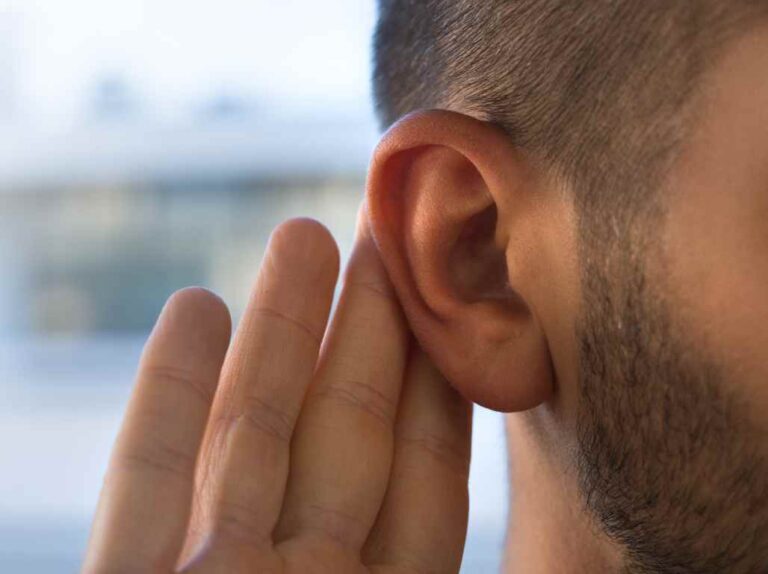Hearing Loss And Stress Are Connected
Hearing loss does not have to be inevitable. When we talk about stress, often our thoughts turn to the physical impact of stress and mental health impact. Stress affects us in many ways, and no one leads a stress and carefree life. We are all under pressure from one thing or another.
Stress is a universal part of life, but it goes beyond mood swings or not sleeping. There are other correlations that don’t get the same focus, particularly the link between stress and hearing health. In fact, chronic stress can contribute to hearing loss and worse conditions like tinnitus, also known as ringing in the ears. Let’s show you how to understand this connection, but also how managing stress and hearing drastically improve your quality of life.
How Stress Affects Your Hearing
When we experience stress, the body releases hormones like adrenaline and cortisol, which trigger the fight-or-flight response. Anybody who’s done any research into stress themselves will know that stress is actually helpful in short bursts, but when activated over longer periods, this can be very damaging.
Chronic stress can disrupt blood circulation, which reduces the flow of oxygen and essential nutrients, particularly those that can go to the hair cells in the inner ear. Without adequate blood supply, these cells become damaged, resulting in increased sensitivity to sound, tinnitus, or sensorineural hearing loss.
Hearing Loss Symptoms
If you’re experiencing stress-related hearing problems, it’s worth consulting a hearing professional who can either help you with tinnitus therapy or hearing tests, but also, if you notice the symptoms during stressful times, it’s important to be proactive:
- Mild or distorted sounds.
- The feeling of blocked or stuffy ears.
- Tinnitus, which is a ringing, buzzing, or roaring in the ears.
- Sudden or gradual hearing loss.
Tips To Break the Cycle Of Hearing Loss
Managing stress is something we should prioritize, as it will reduce the impact of anxiety and stress on our lives, but in terms of our hearing, it will reduce the impact of problems like tinnitus. The most effective ways to reduce both stress and its impact on your ears are:
- Protect your ears in noisy environments with earplugs or noise-canceling headphones.
- Maintaining a healthy diet, especially with foods high in antioxidants and essential vitamins, supports your inner ear health and helps your body cope with stress.
- Exercising regularly, as physical activity promotes blood circulation, reduces stress hormones, and supports overall well-being.
- Practicing mindfulness and relaxation techniques, such as yoga, meditation, deep breathing, and other mindfulness-based stress approaches, can help to lower stress levels and manage tinnitus more effectively.
- Prioritize your sleep, as lack of it can heighten your stress and therefore tinnitus symptoms. Remember, it’s all about quality and consistent rest, not necessarily about the volume of sleep you get.
- Seeking professional help, whether it’s a mental health professional or an audiologist, is particularly important if stress or hearing issues are affecting your life.
The relationship between hearing and stress is not widely discussed, but it’s clear that chronic stress can damage your auditory system, and at the same time, hearing issues can increase your stress and anxiety. We should make stress management a daily priority, as this can help protect your hearing and your overall well-being.
More Health Articles To Read
5 Essential Health Tips For Every Season
10 Tips For Internet Personal Safety
10 Personal Safety Tips For Women
7 Personal Safety Tips For Kids





















